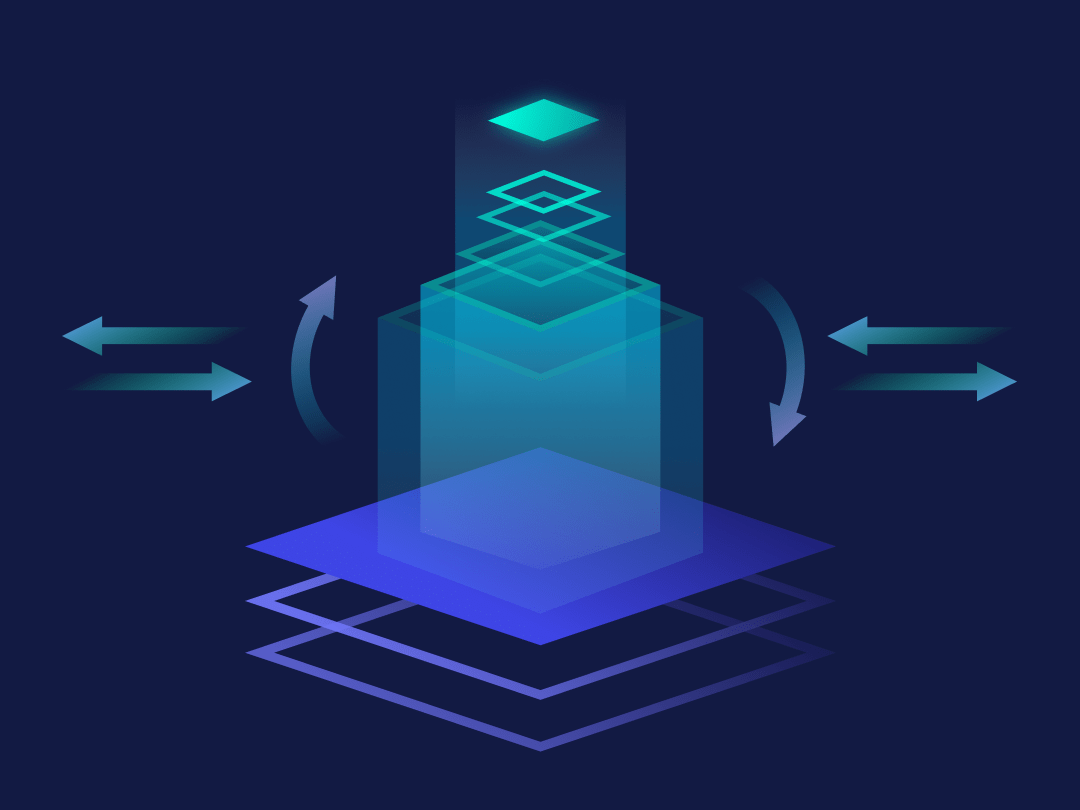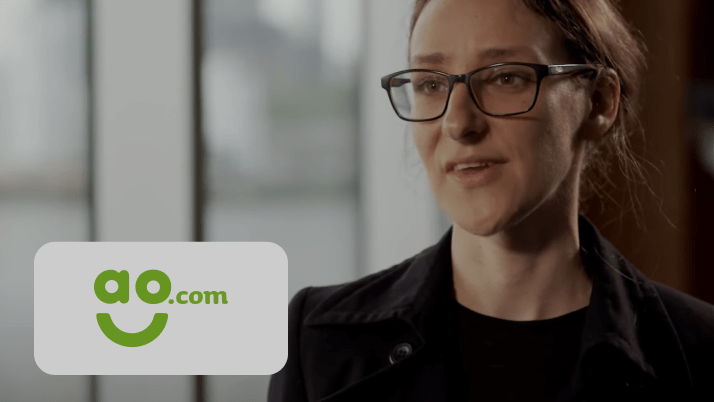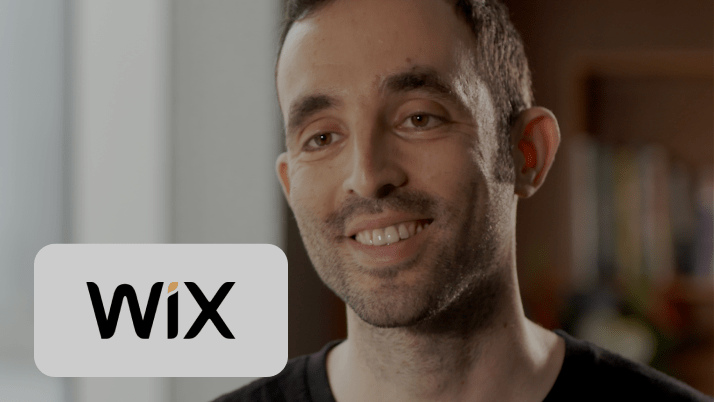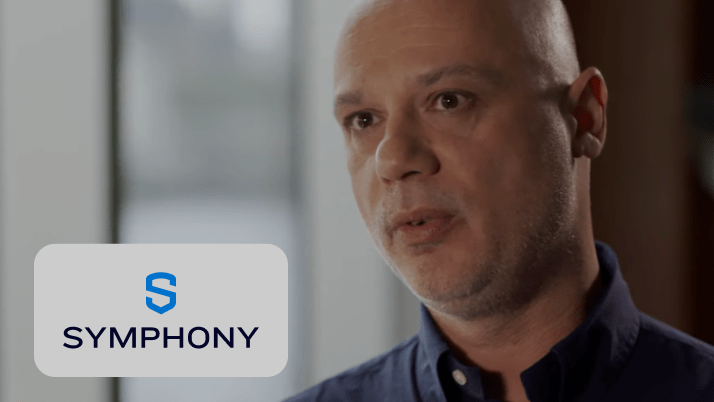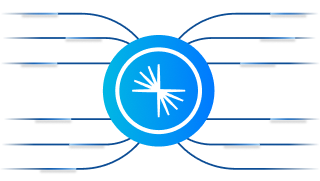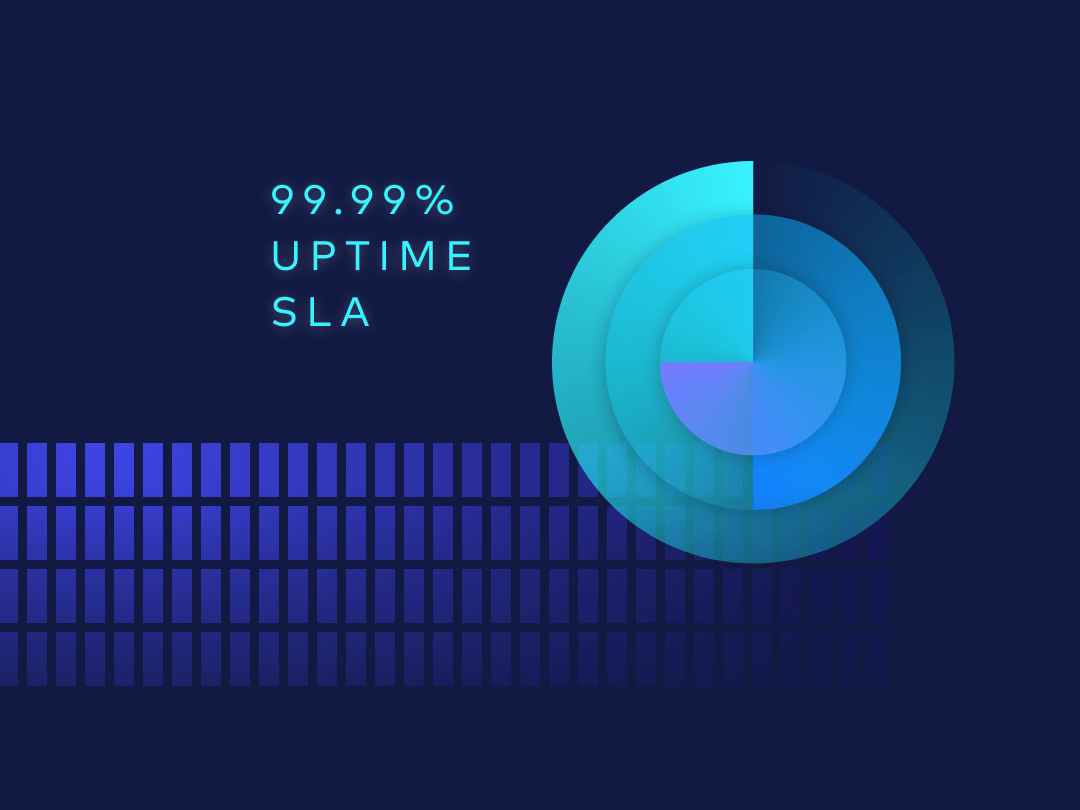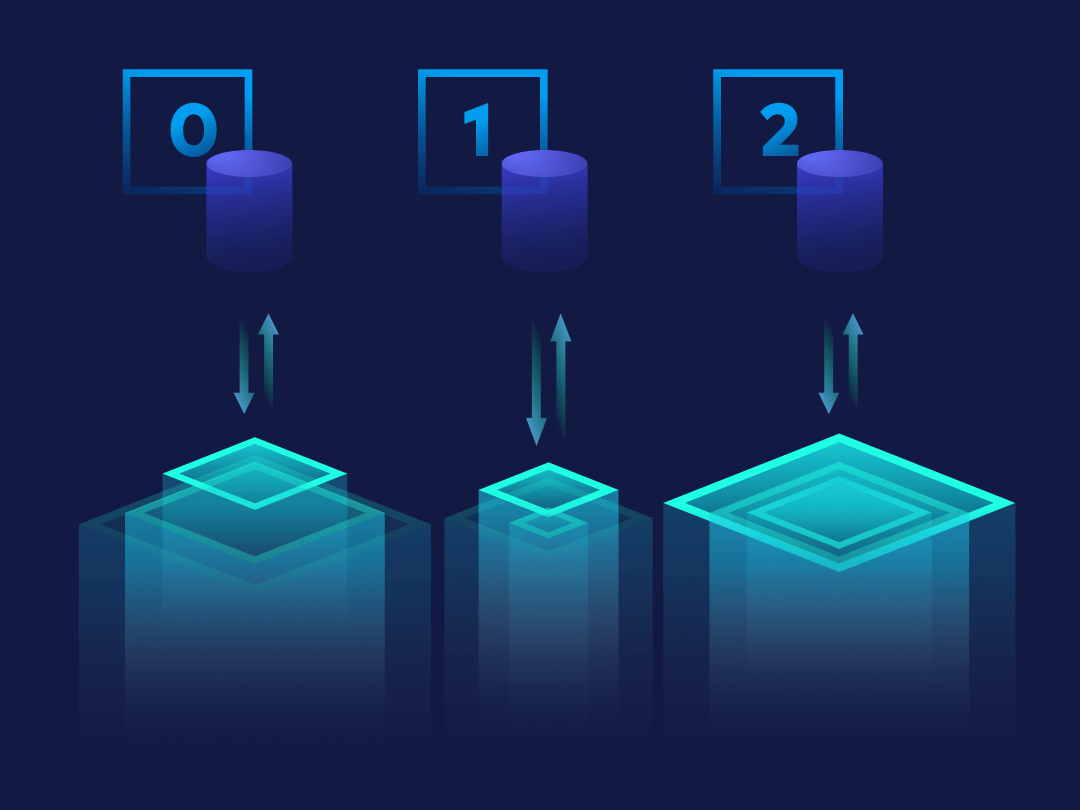[Virtual Event] GenAI Streamposium: Learn to Build & Scale Real-Time GenAI Apps | Register Now
The Kora Engine: Powering the Only Cloud-Native Data Streaming Service
Kora is the Apache Kafka® that gives Confluent Cloud elastic scalability, low latency performance, and high availability. That means Confluent’s cloud-native Kafka service is your solution for better, faster, more cost-effective data streaming in the cloud.
Kora Helps You Build Resilient Real-Time Applications, Faster
Thanks to Kora, developers using Confluent Cloud can build applications with better performance at a lower cost—for any public cloud, any tech stack, or workload. Kora helps businesses reduce their total cost of ownership (TCO) for Kafka deployments by up to 60%. shifting from self-managed Kafka to Confluent Cloud.
See the impact of having seamless scalability, uninterrupted performance, and unmatched reliability for your Kafka workloads.
Effortless Scaling
Handle GBps+ workloads and peak customer demands 10x faster than open source Kafka. Meet peak demands without operational burden.
10x Faster Performance
Deliver faster insights and customer experiences with 10x faster tail latencies than open source Kafka, sustained over time.
99.99% Uptime SLA
Focus on innovation, not operations. Ensure high availability and offload Kafka ops with 99.99% uptime SLA for multi-AZ clusters and no-touch Kafka patches.
Infinite Storage
Never worry about Kafka storage again with intelligent Tiered Storage and infinite retention.
Scale With Ease
Adapt to changing demands instantly without the operational headaches.
- Scale 30x faster than Apache Kafka
- Pay-per-use pricing for cost efficiency
- Serverless Clusters adapt to demand automatically
- Avoid over-provisioning with dynamic resource allocation
- Bring cloud-like elasticity on-premises with Confluent Platform
Customers Explain the Impact of Cloud-Native Data Streaming
Hear firsthand accounts from AO.com, Symphony, and Wix about how their businesses benefited from Confluent Cloud’s elastic scaling, infinite storage, and resiliency—all powered by the Kora engine.
Boost Performance
Kora delivers unparalleled speed and efficiency for your data streaming needs.
- Up to 10x lower tail latencies than Apache Kafka
- Efficient CPU usage with Next-Gen Replication Protocol
- Enhanced server-side parallelism with preserved ordering
- Real-time performance monitoring and alerts
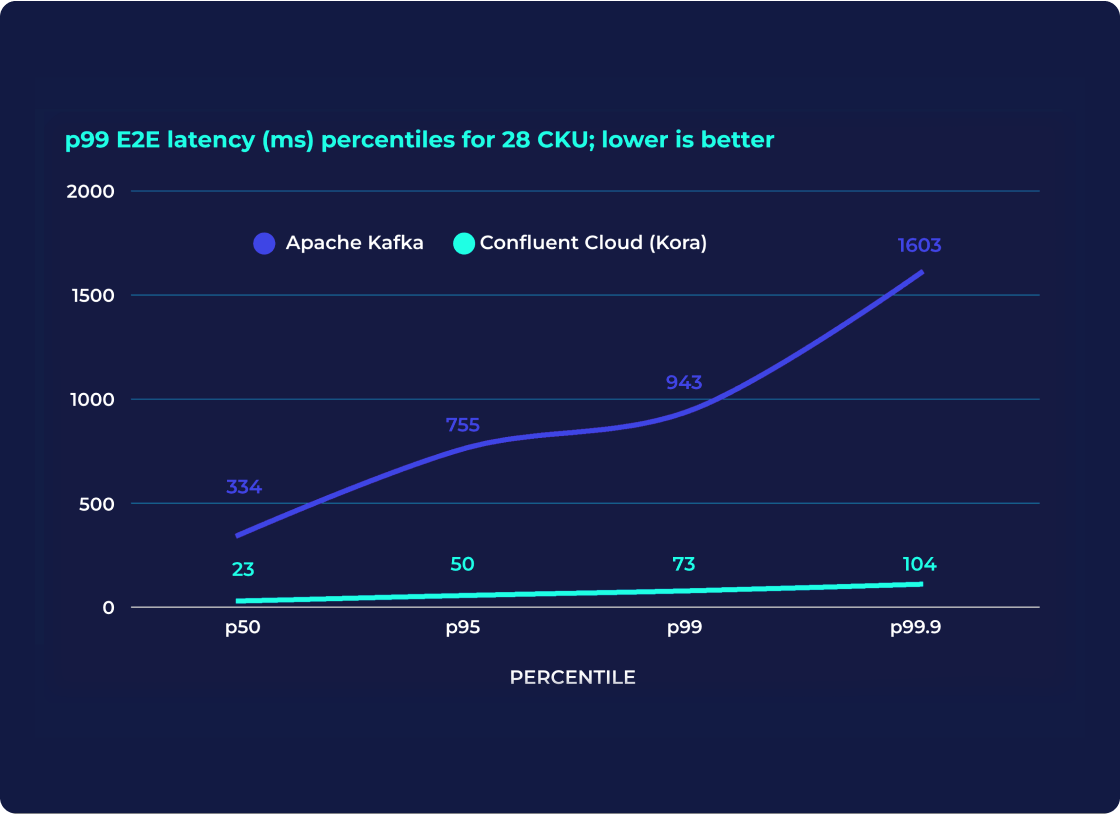
Maximize Uptime
Ensure your data streaming infrastructure is always available and up-to-date.
- 99.99% uptime SLA with multi-AZ clusters
- Offload Kafka operations to Confluent experts
- Simplify geo-replication with Cluster Linking
- Enable multi-cloud data movement for increased reliability
- Automatic, no-touch patches and upgrades to the latest Kafka version
No Limit Storage
Never worry about storage constraints or complex data management again.
- Infinite data retention without Kafka storage limits
- Independent scaling of compute and storage resources
- Intelligent tiered storage for optimal performance and cost
- Eliminate storage management overhead
Already on Confluent Cloud? Join Our Next Onboarding Session
Join a Fundamentals or Advanced session—led by our Solution Engineers—and get a guided introduction to Confluent Cloud.
